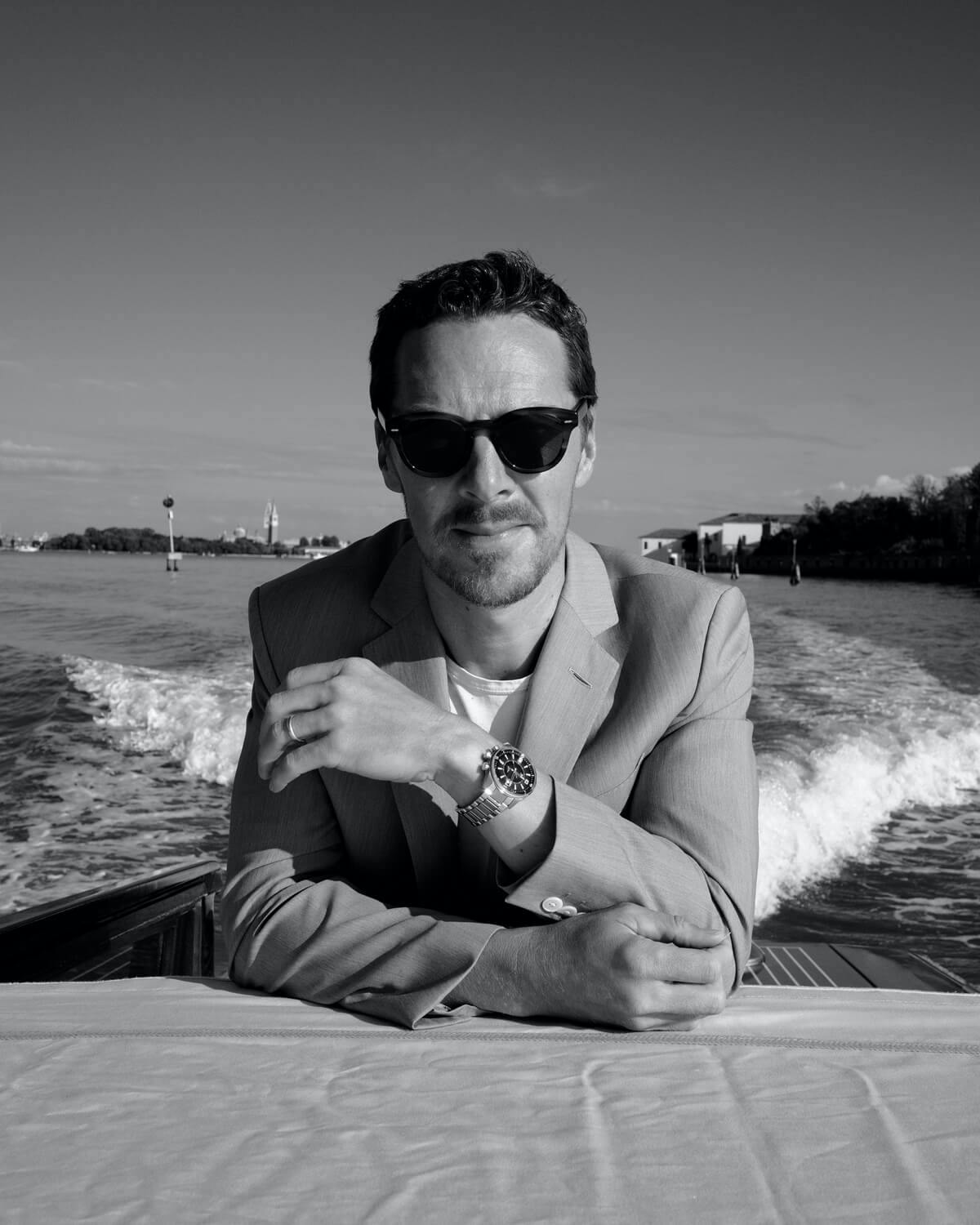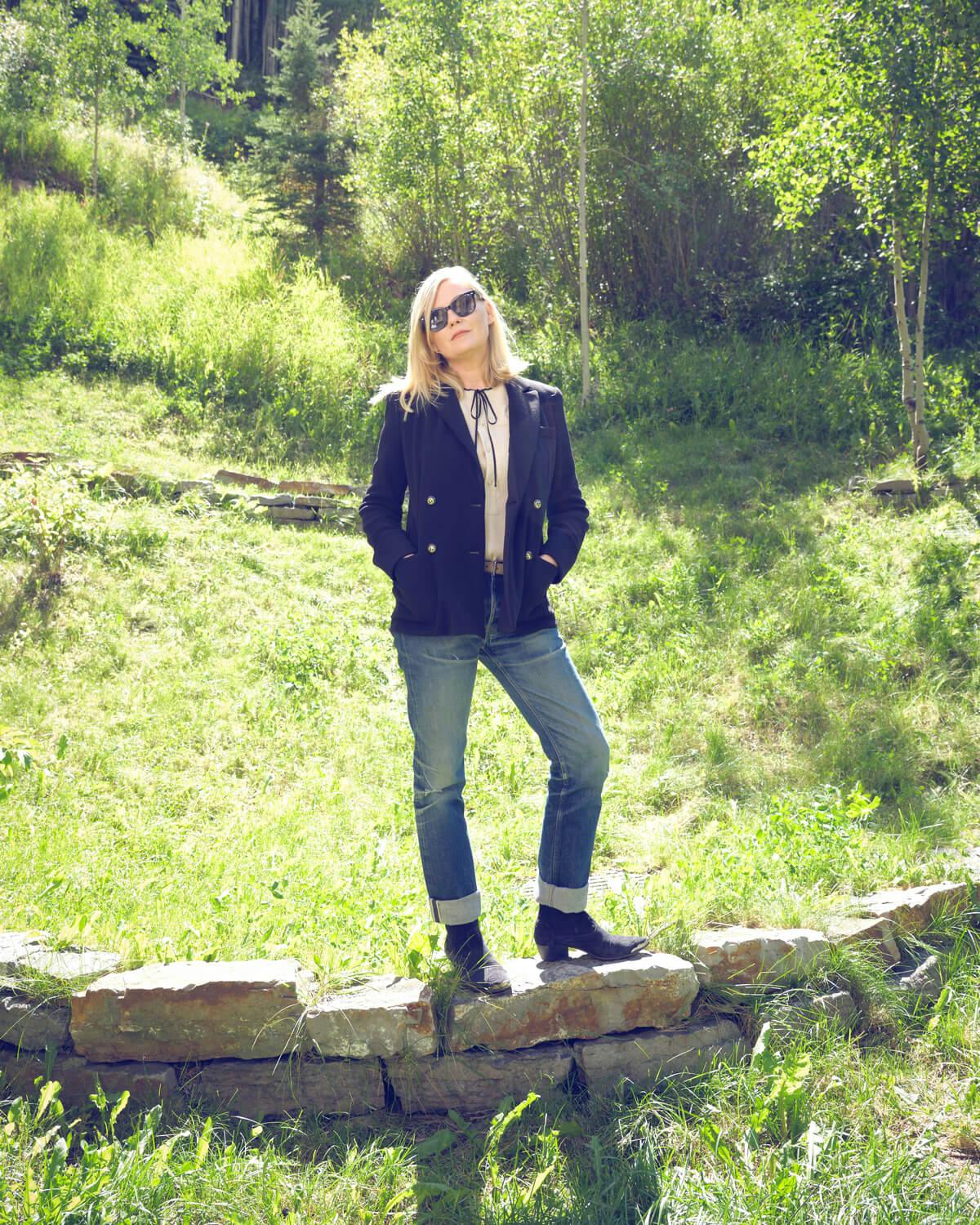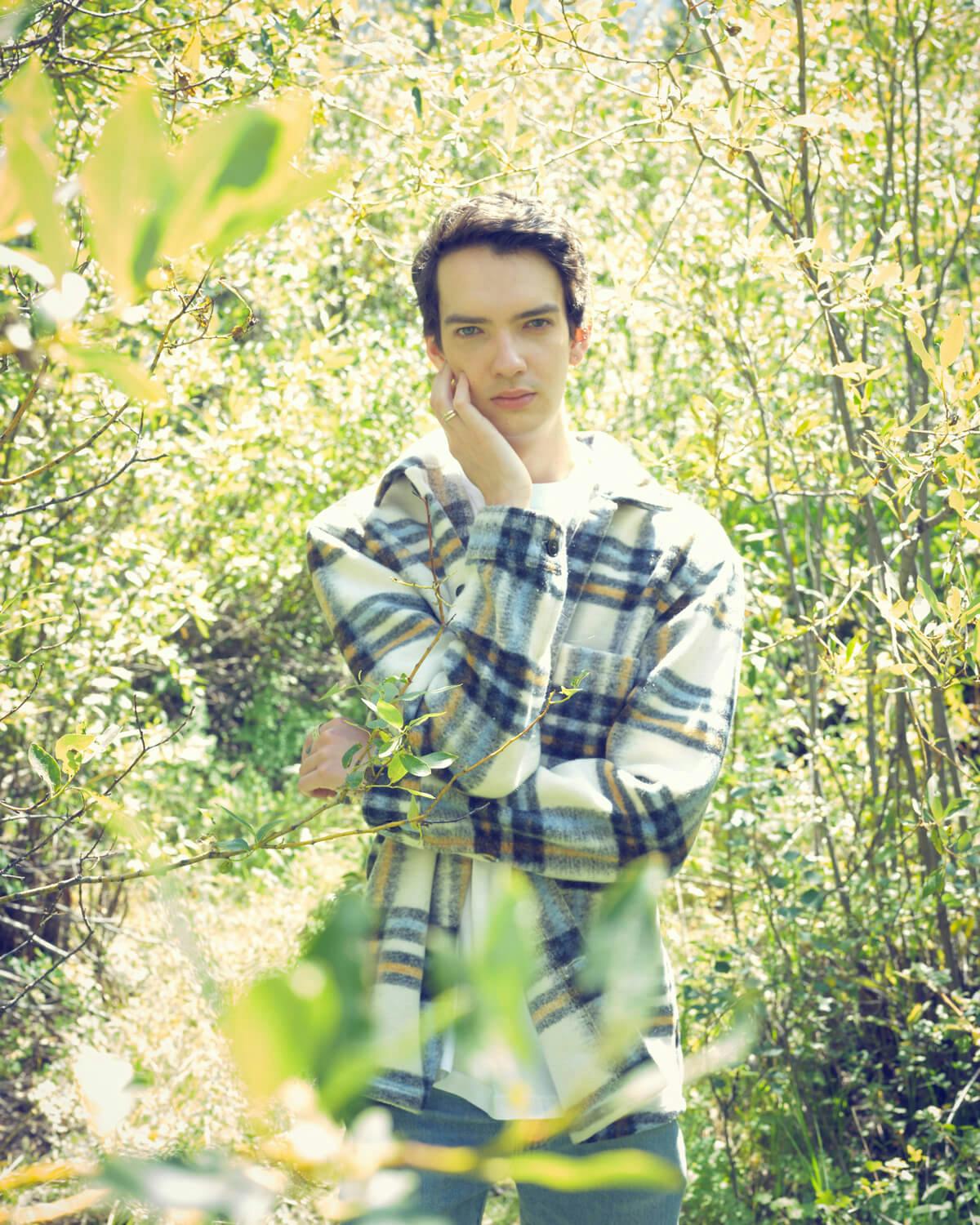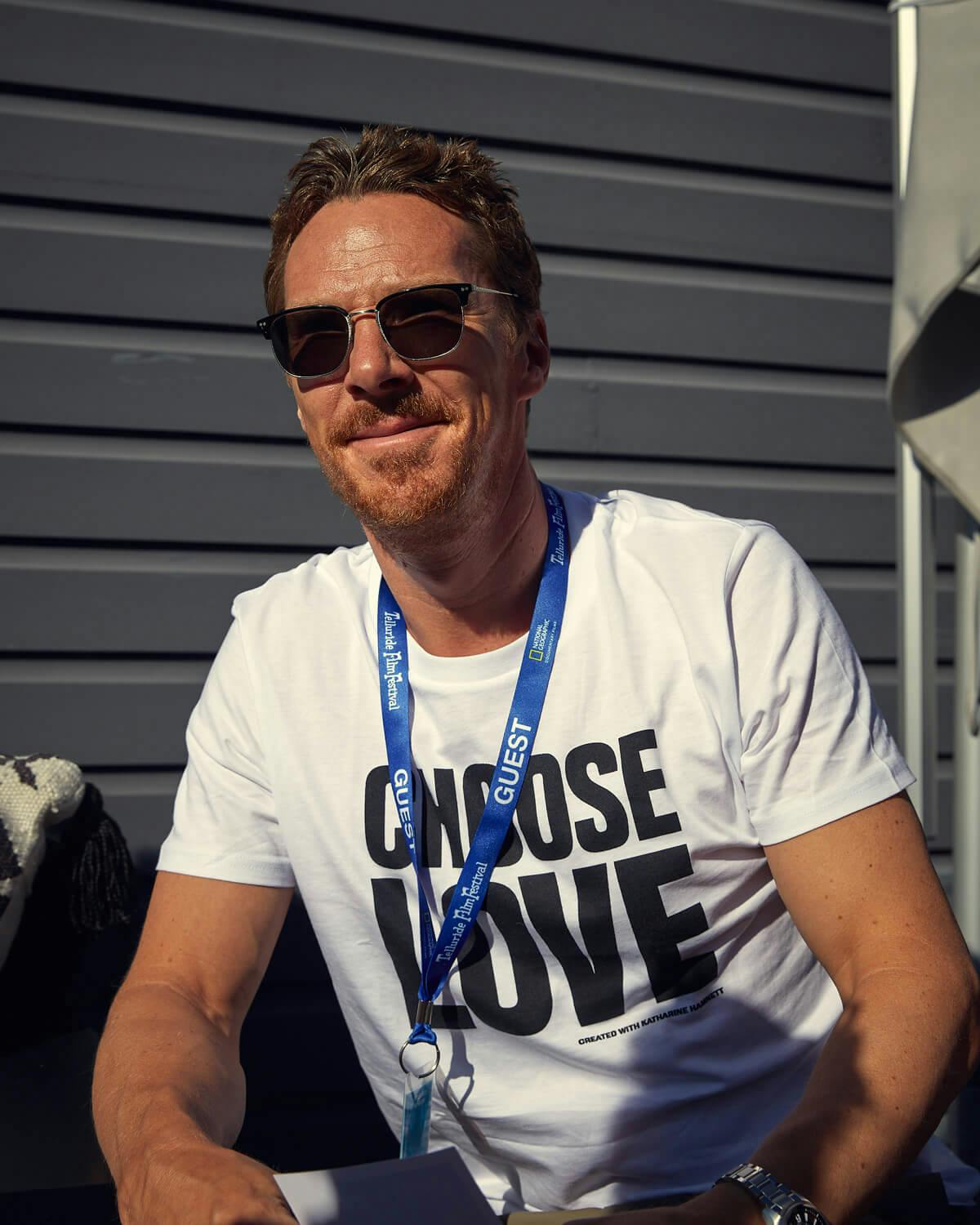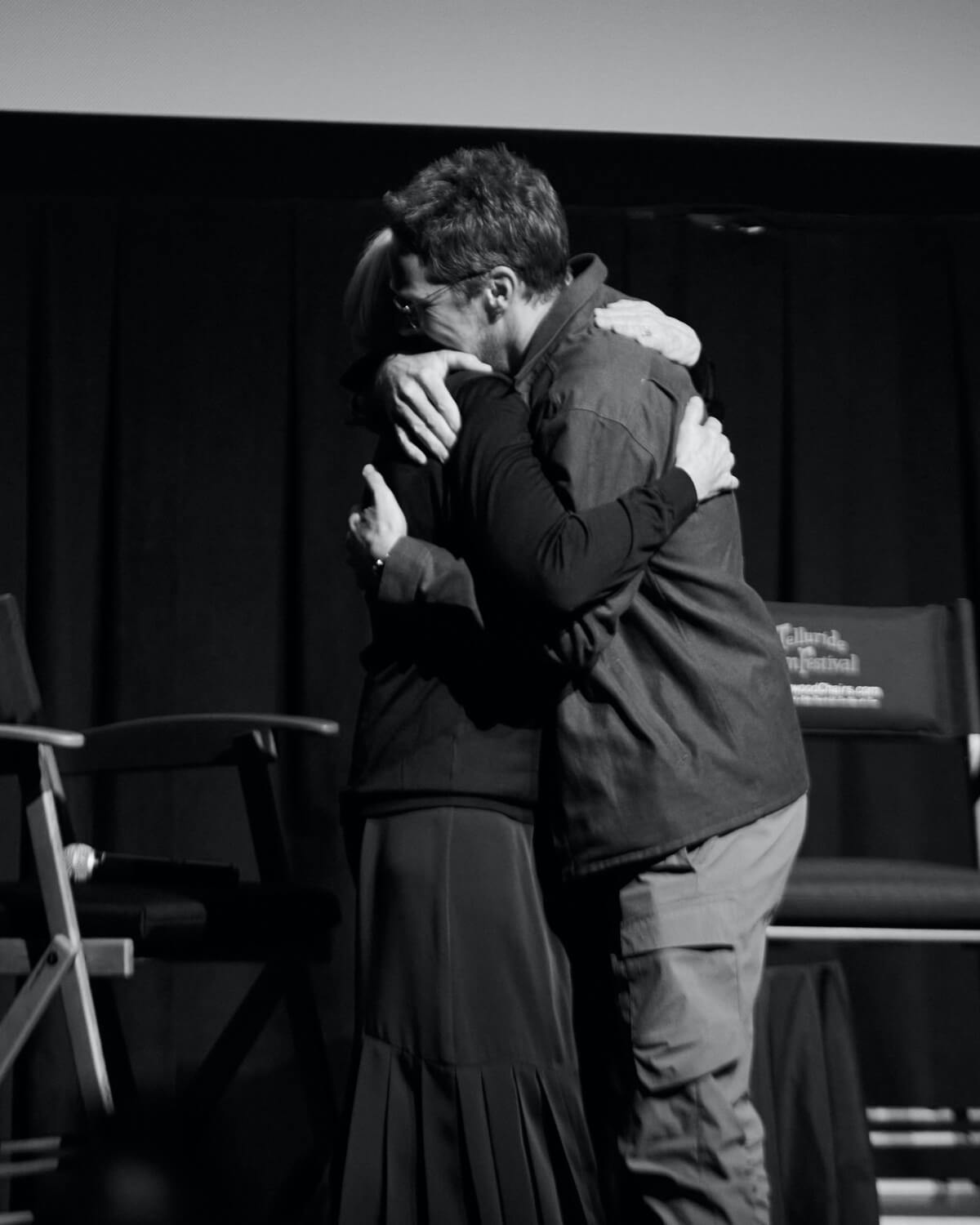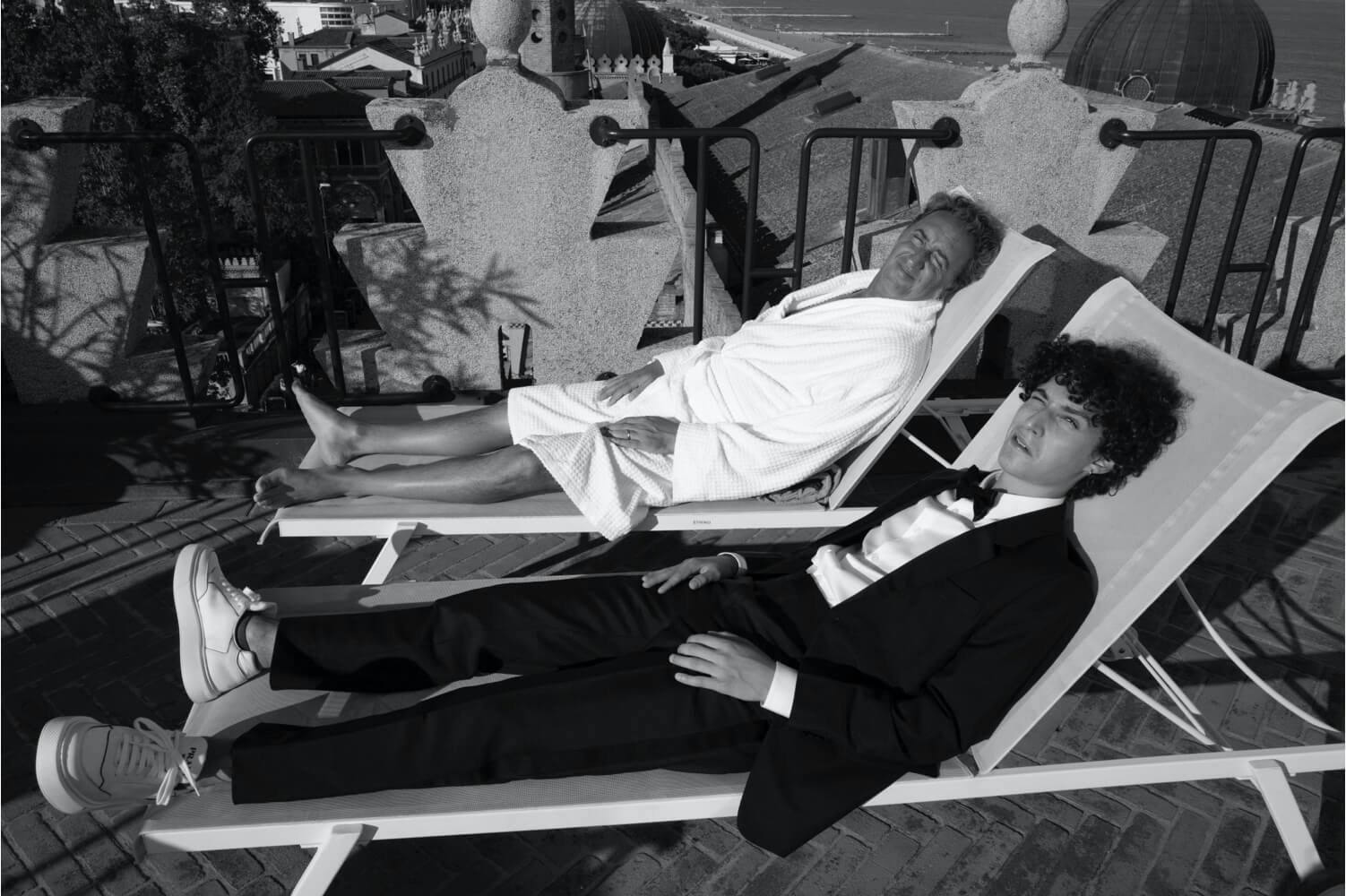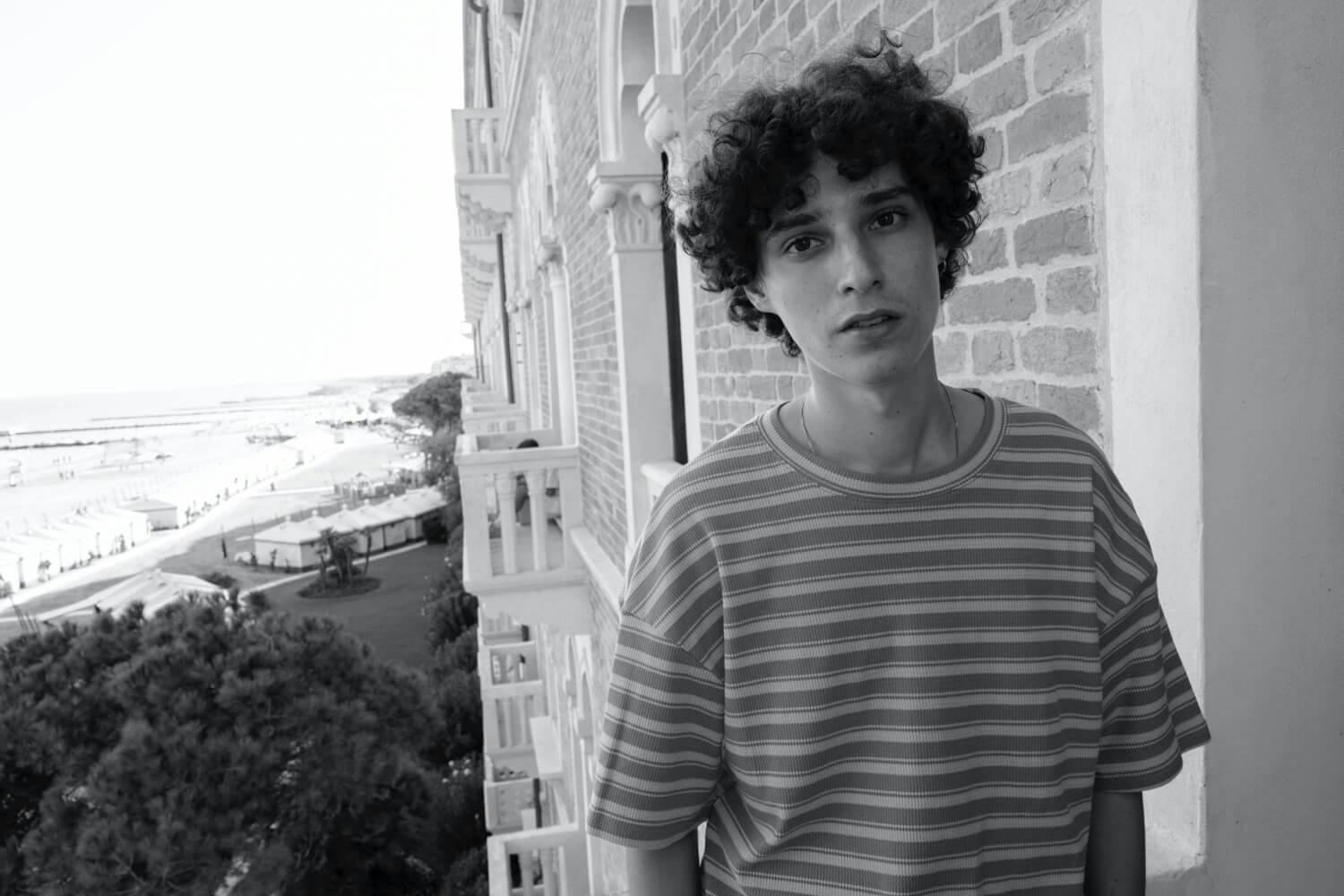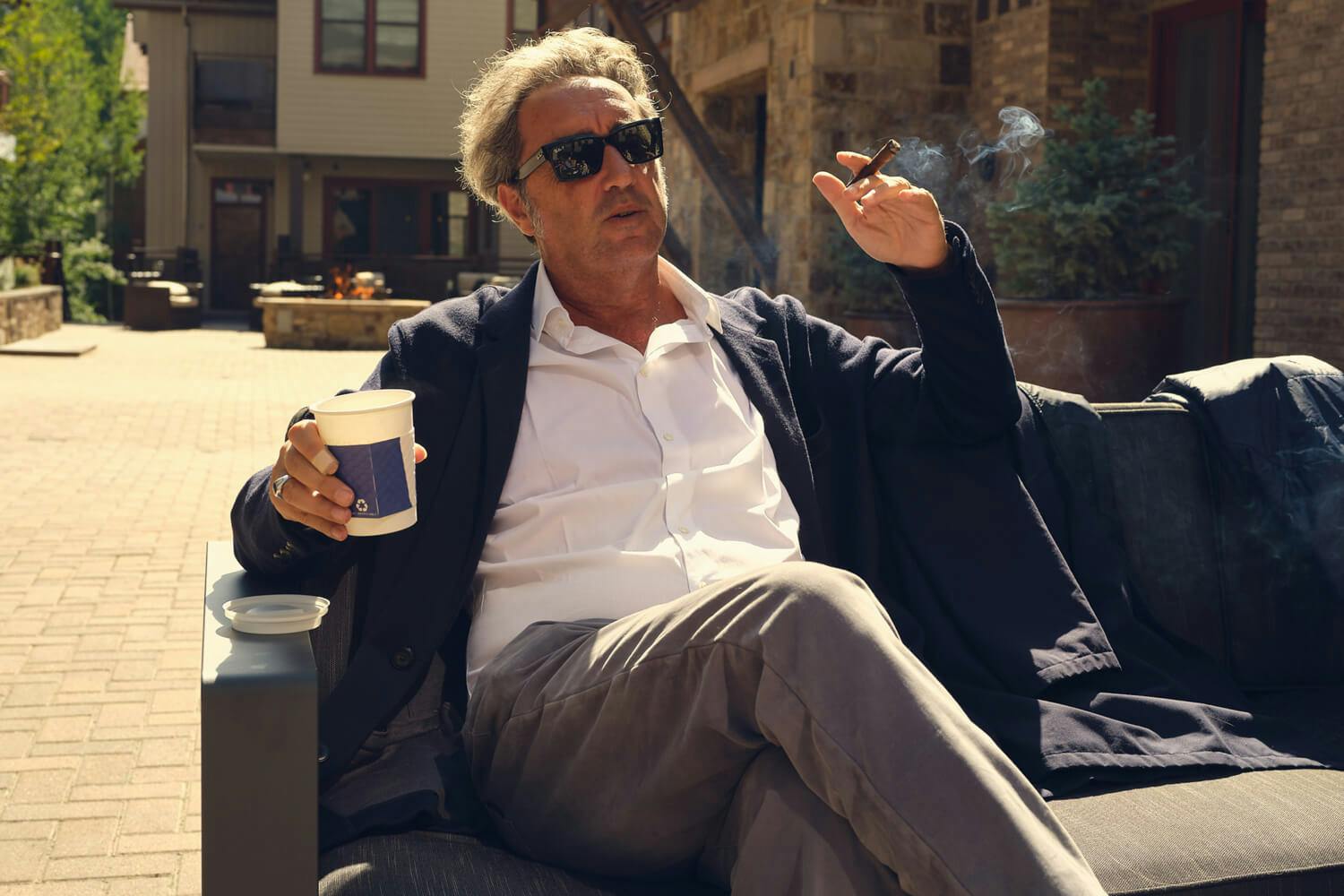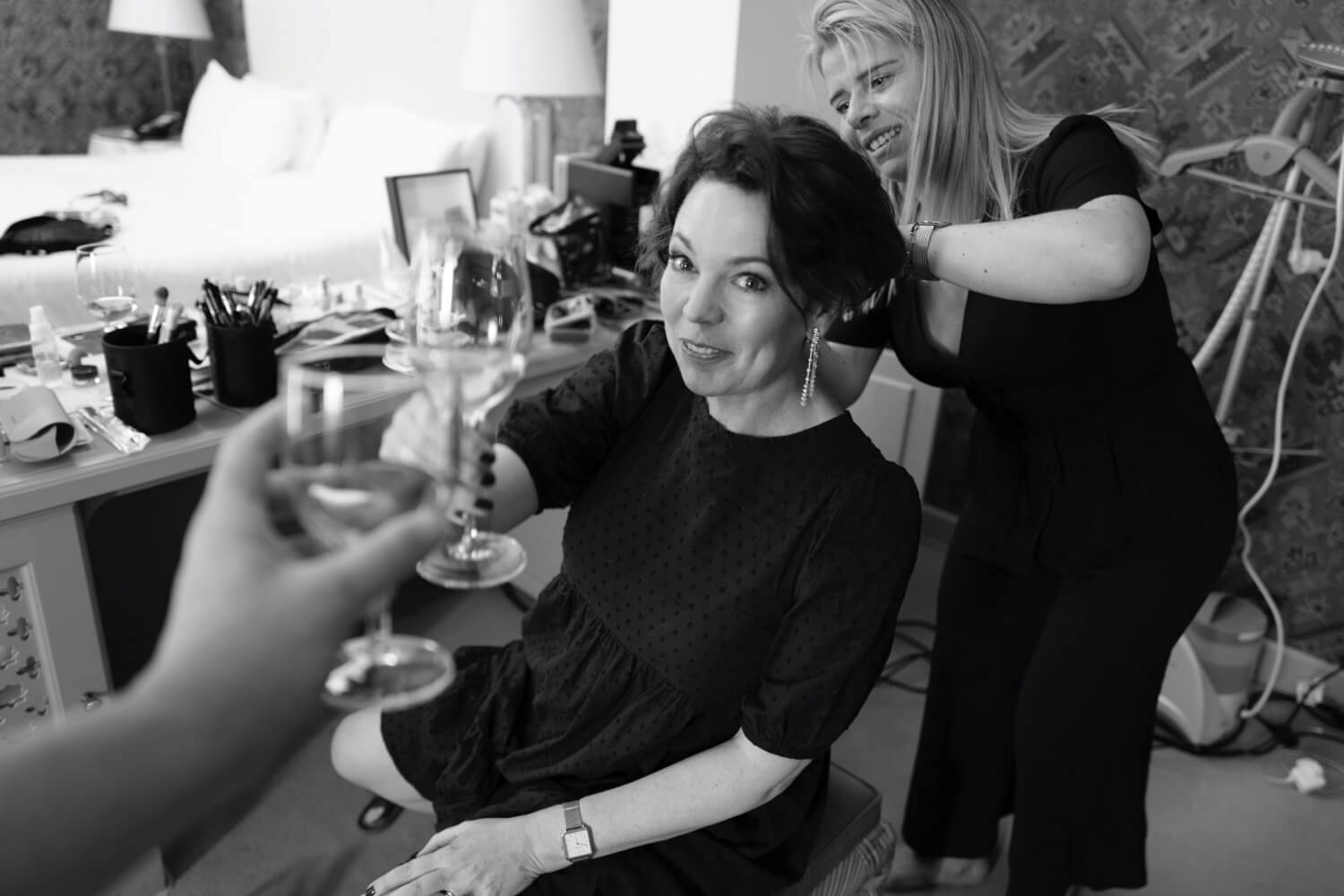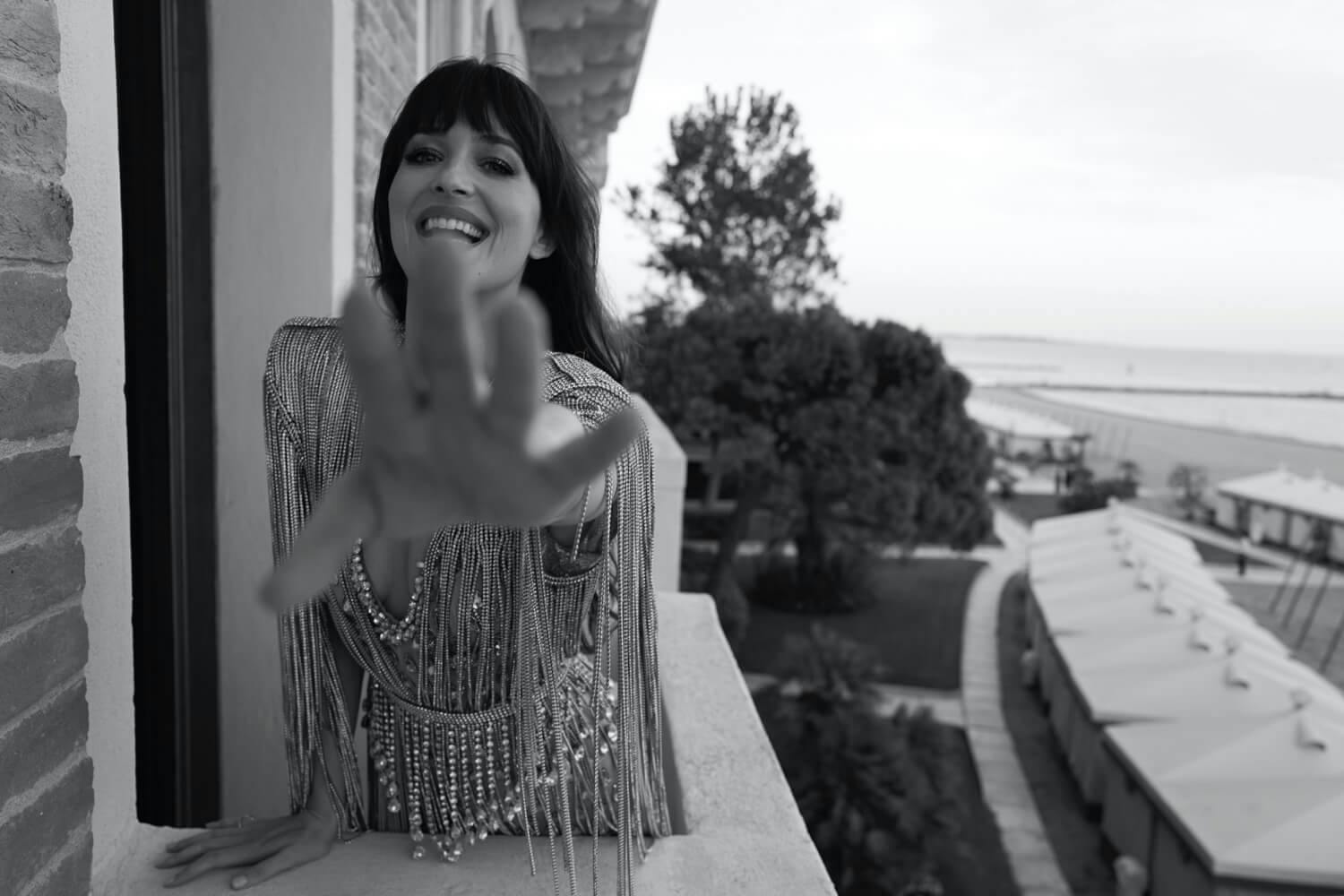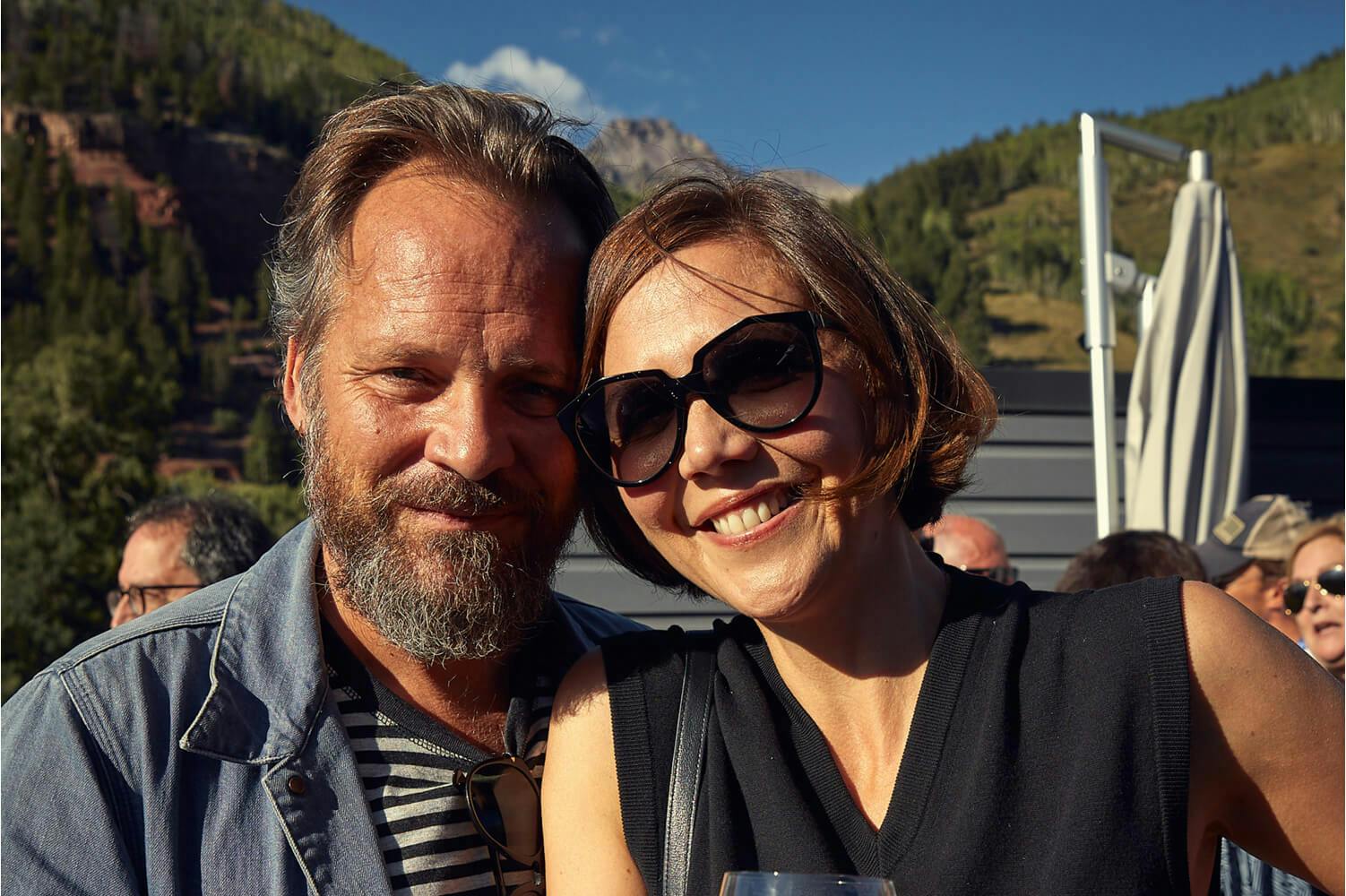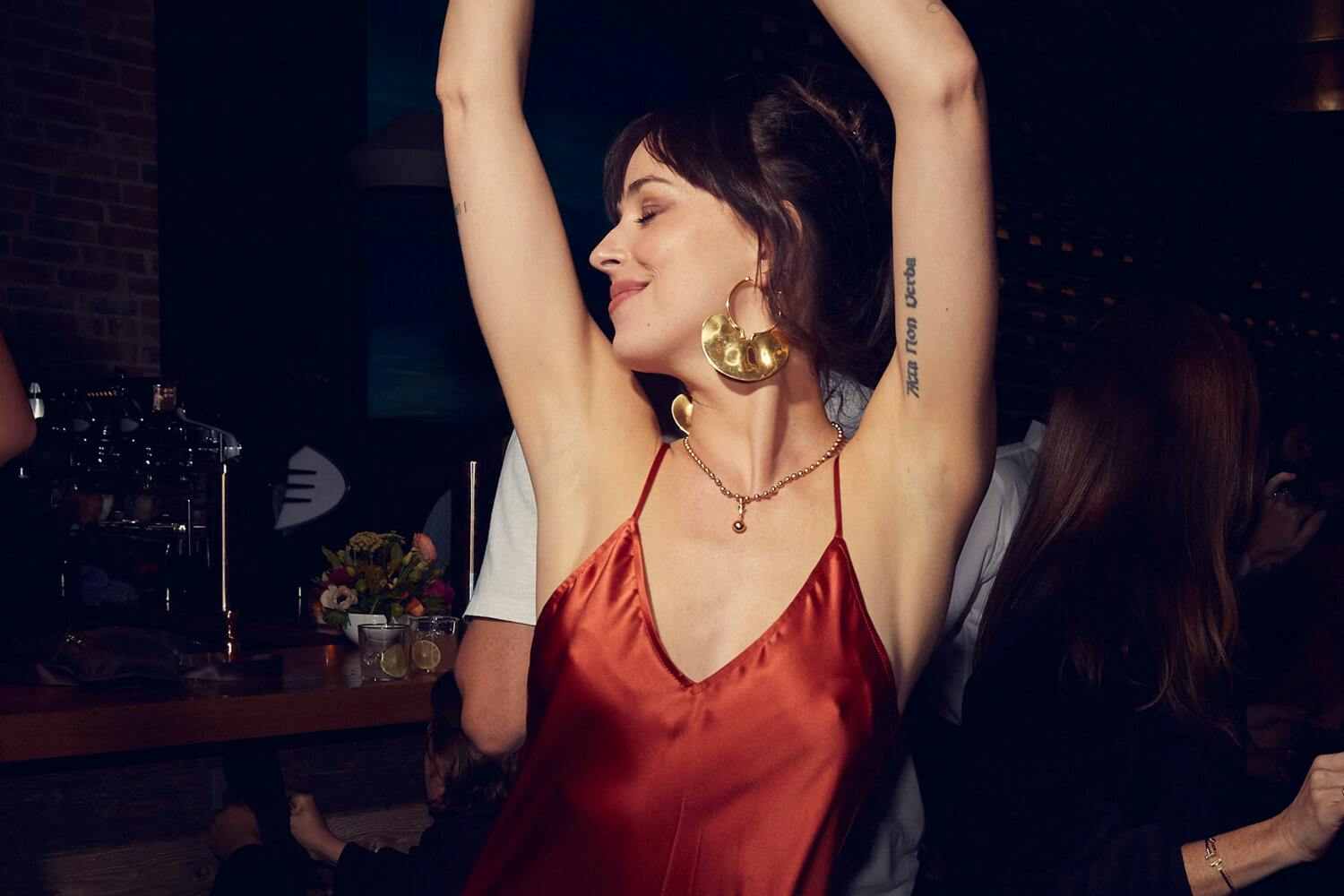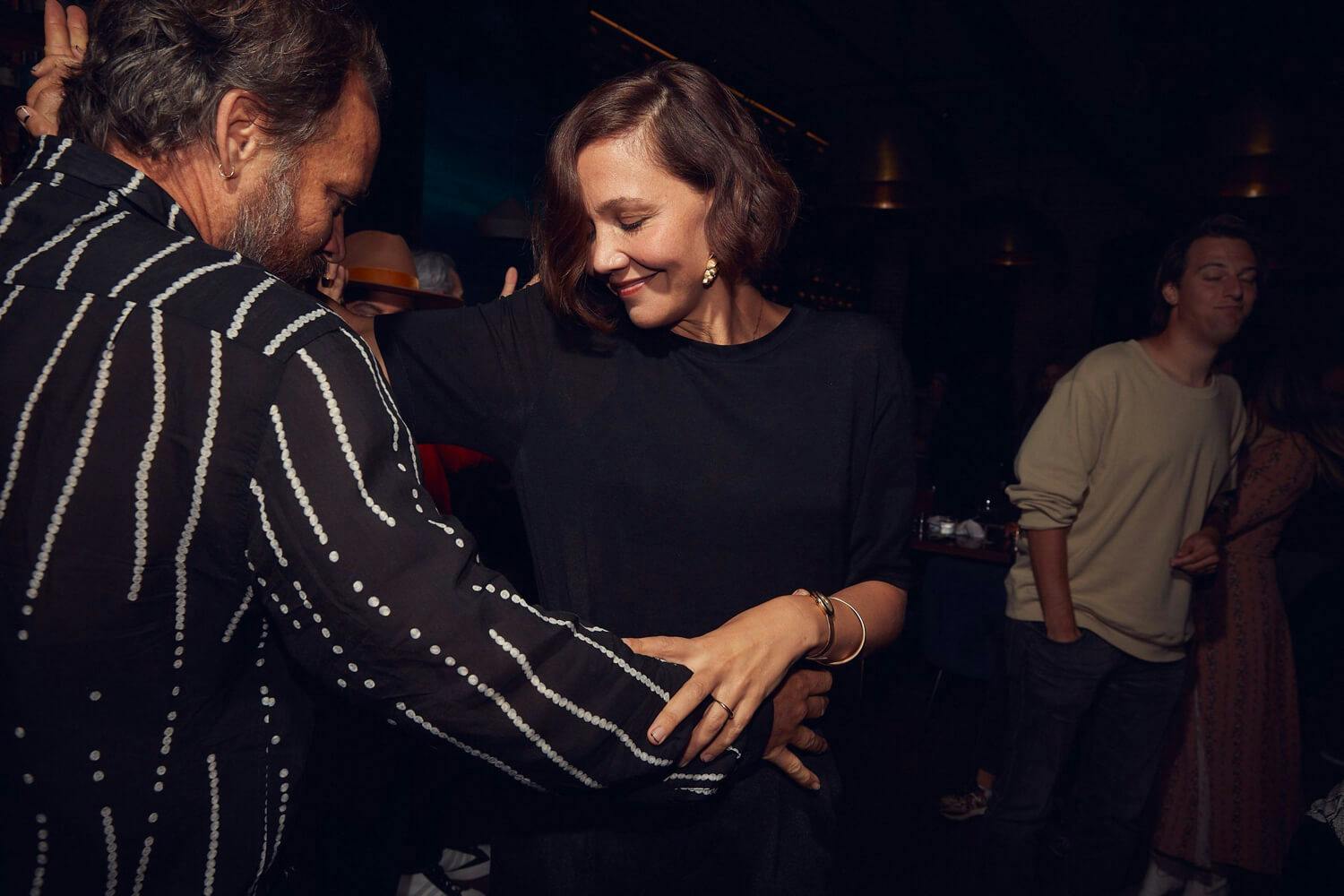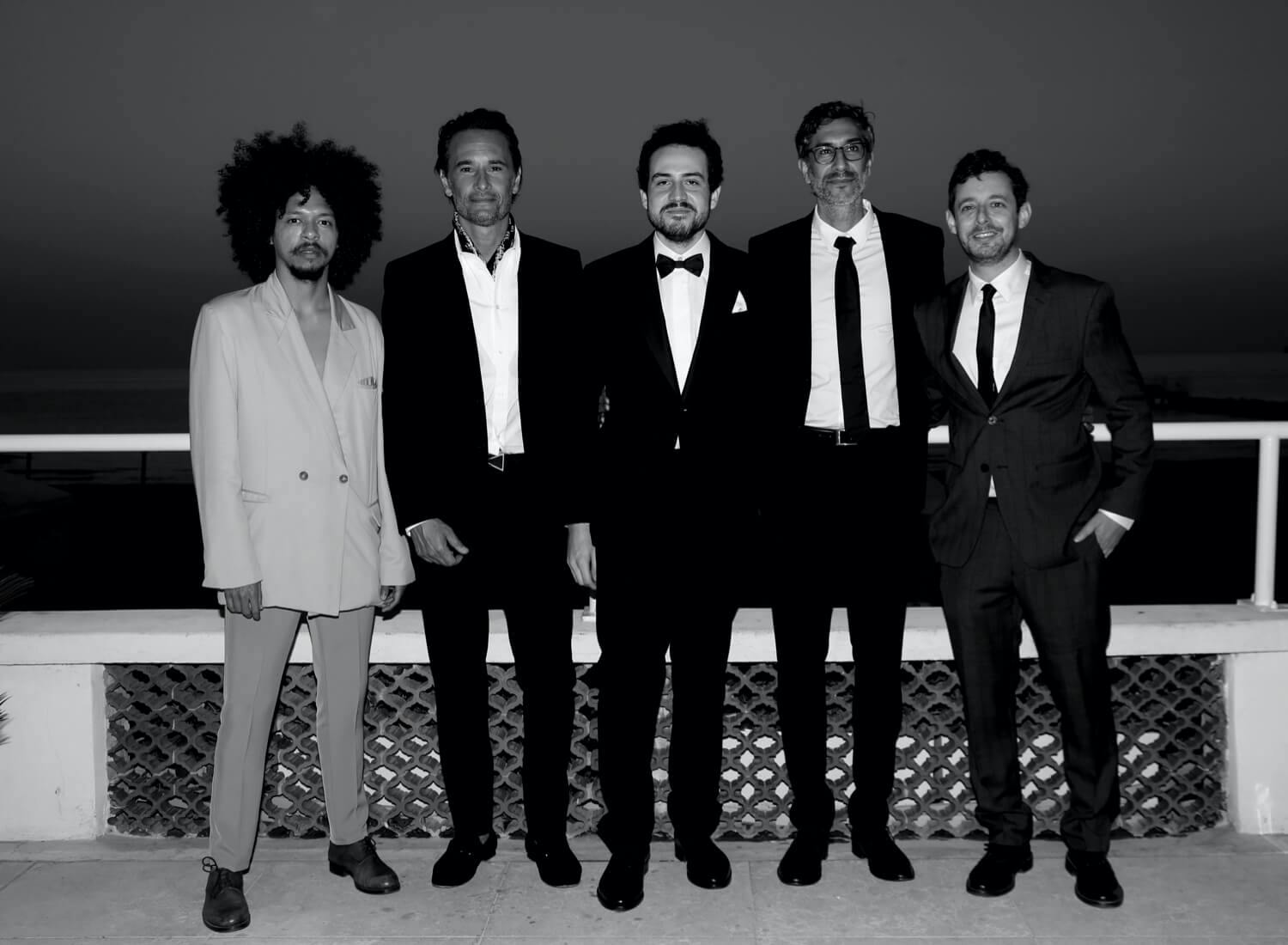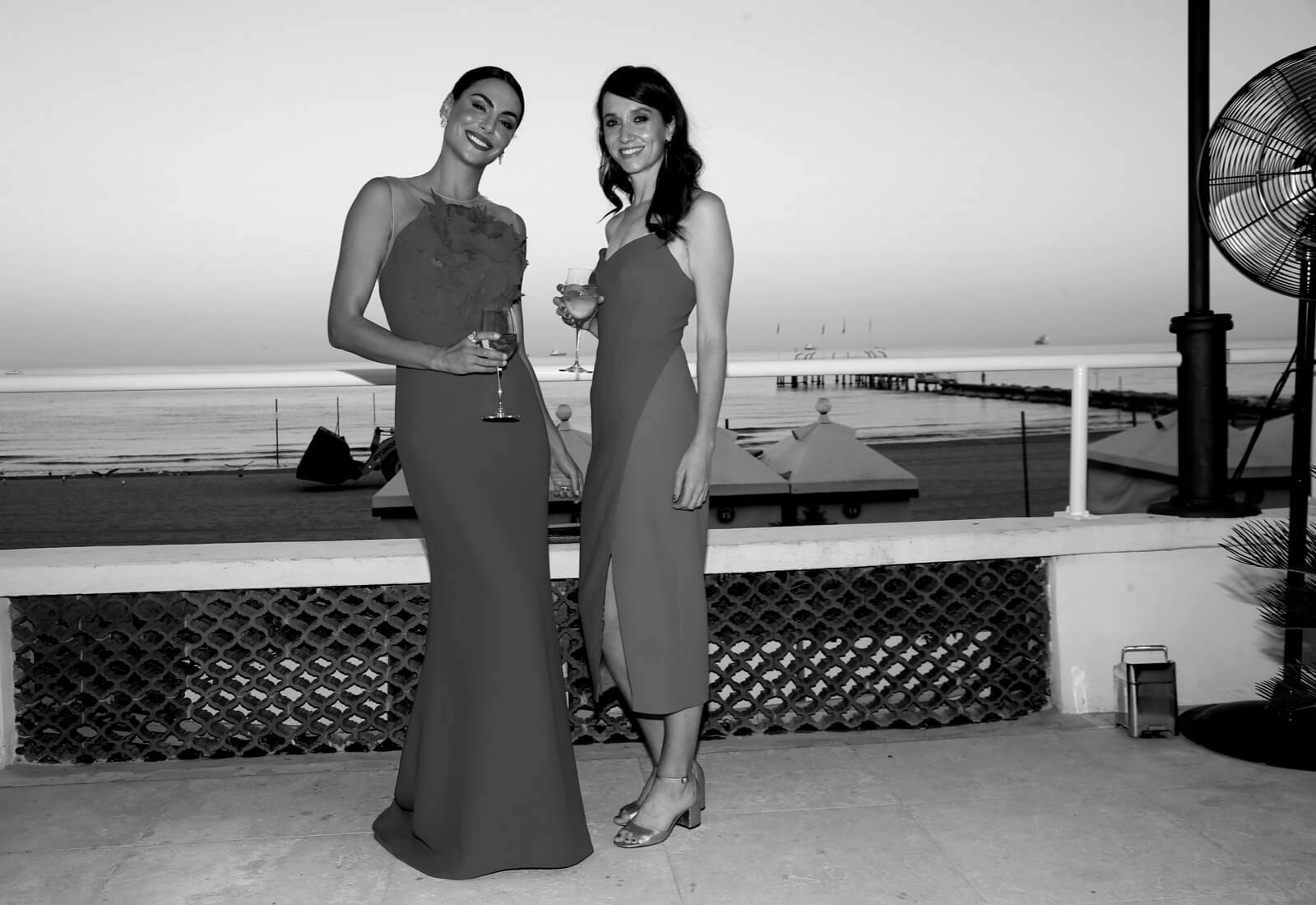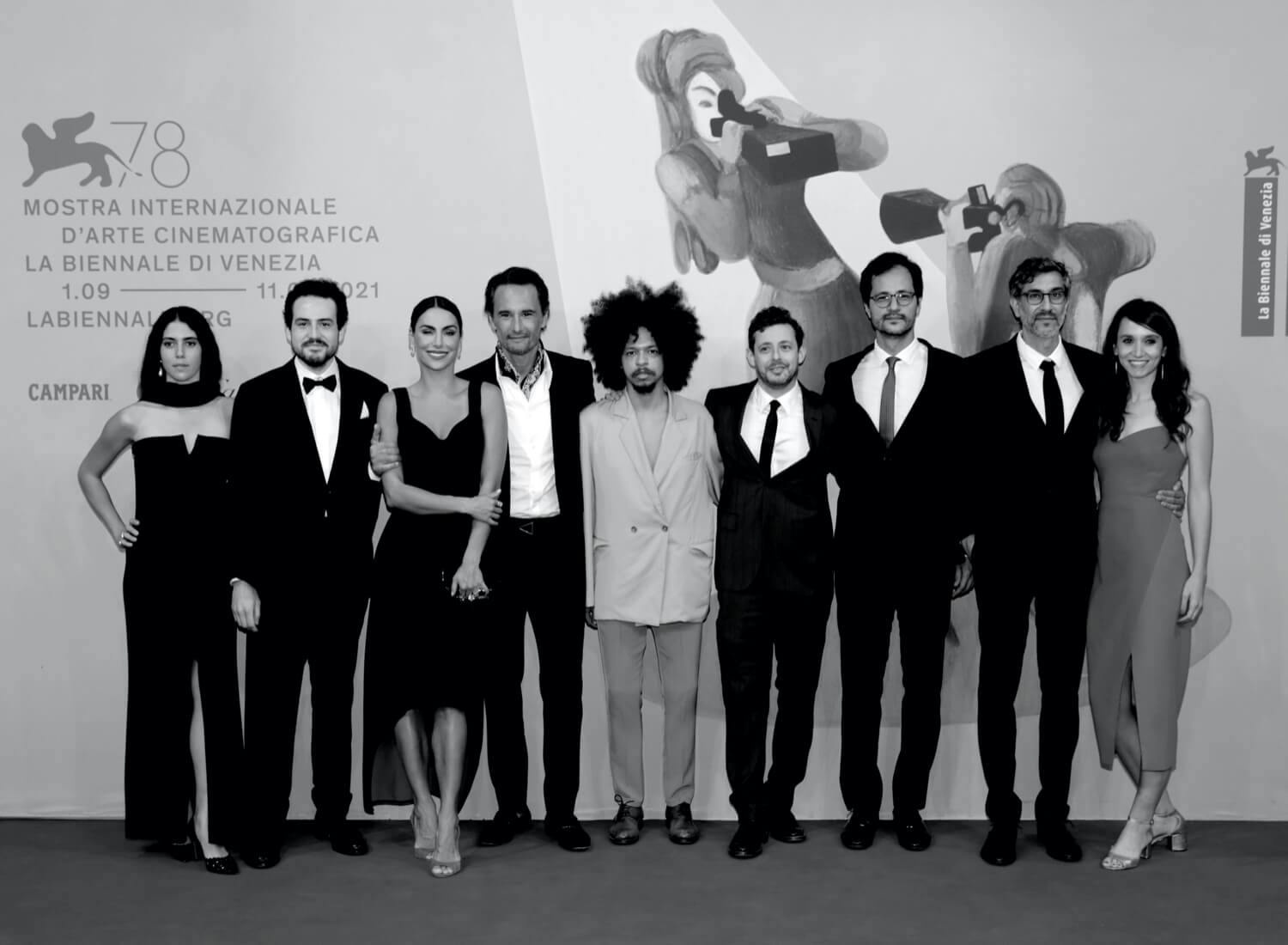Netflix premieres exciting new work from directors Jane Campion, Alexandre Moratto, Paolo Sorrentino, and first-time feature-length director Maggie Gyllenhaal at the 2021 Venice Film Festival.
Festivals are back! And Queue was there at Venice and Telluride to witness Netflix’s three radically different dramas — The Power of the Dog, The Hand of God, and The Lost Daughter — hold audiences rapt at two of fall’s most prestigious film festivals. With dazzling, dynamic performances, deft direction, and stunning cinematography and production design, it’s not so surprising considering the level of talent involved.
With her first feature film since 2009’s Bright Star, pioneering filmmaker Jane Campion roared back to the big screen with her muscular adaptation of Thomas Savage’s revered Western novel The Power of the Dog. The story of a charismatic 1920s cattle rancher who torments those closest to him, the film features jaw-dropping turns from the whole cast, including Benedict Cumberbatch, Kirsten Dunst, Jesse Plemons, and Kodi Smit-McPhee. Festival goers were abuzz, rapt with the director and stars’ emotionally and visually arresting film.
Then, there was The Hand of God, a breathtaking semi-autobiographical coming of age story set in 1980s Italy from master writer-director-storyteller Paolo Sorrentino (The Great Beauty, Youth, The Young Pope). Sorrentino mined personal tragedy and came away with a profoundly moving love letter to family and cinema. Newcomer Filippo Scotti as his young stand-in is positively swoon-worthy.
Nor was it just veteran filmmakers basking in praise. Director Maggie Gyllenhaal making her feature film directorial debut traveled to the festivals in Italy and Colorado where glowing reviews came pouring in for her adaptation of Elena Ferrante’s, The Lost Daughter, starring Olivia Colman, Jessie Buckley, and Dakota Johnson (who, let’s face it, won the red carpet at Venice in Gucci). Also collecting richly deserved accolades was up-and-coming writer-director, Ramin Bahrani protégé Alexandre Moratto, who won raves out of Venice for his Brazilian-set human trafficking thriller, 7 Prisoners.
There was much to celebrate, though revelers were exceedingly cautious in these pandemic times, with daily COVID testing and other protocols in place to keep the virus at bay. Here’s an insider’s look at what it was like to spend time on the Lido and in the intimate quarters of the remote Colorado mountain town where the industry’s best and brightest gathered for the unofficial kick-off of Hollywood’s annual frenzy: awards season.
If there’s such a thing as an arthouse film event, a new Jane Campion movie would easily qualify. The first new feature from Campion since 2009’s Bright Star, The Power of the Dog is adapted from Thomas Savage’s Western novel from 1967 and represents a notable shift for a writer-director who’s built a career telling women-centered stories. For many, Campion remains best known for 1993’s The Piano, for which she became the first woman ever to win the Cannes Film Festival’s prestigious top prize, the Palme d’Or, and the second woman ever to be nominated for the Best Director Academy Award. (Following its Cannes premiere, The Piano also screened at Telluride.)
Campion’s newest narrative turns on 1920s Montana cattle rancher Phil Burbank (Oscar-nominee Cumberbatch), a harsh yet charismatic man who is unfailingly unkind toward his brother George (Jesse Plemons). Campion says of her latest. “I was aware that I would be working with more men in the cast than I previously had, and I didn’t really know how that would go.” When George marries a local widow, Rose (Kirsten Dunst), and brings her and her teenage son, Peter, to live at the family homestead, Phil finds a new target for his cruelties. He mercilessly taunts Rose, though his relationship with Peter takes on a more ambiguous cast — given Phil’s mercurial nature, it’s unclear whether these kindnesses are guileless or manipulative.
Their relationship is one that Campion says she found “exciting and satisfying.” With Campion behind the camera exploring the characters’ deep-rooted inner tumult, the dynamics are guaranteed to be explosive.
When 17-year-old soccer fan Fabietto (Scotti) discovers that his favorite player — Argentine legend Diego Maradona, known as the “Hand of God” — is coming to his hometown of Napoli, he’s overwhelmed with joy at the prospect that his home team might finally win a championship. But that excitement turns to unimaginable sorrow when tragedy changes the trajectory of his life. As Fabietto embarks on solo strolls throughout the city, he happens upon a film production and discovers his life’s calling.
Unquestionably the most personal film yet from an extraordinary storyteller (The Great Beauty, Youth, The Young Pope), The Hand of God sees Sorrentino abandon some of the Fellini-esque flourishes he’s long favored for an intimate portrait of a young man navigating the surreal new reality in which he will come into his own. On the set, the master director guided his young star with a great deal of kindness and empathy. “The way that Paolo is talking to you, so straight and also so quiet, he is basically saying, ‘Don’t worry, I’m with you. You can do something bad; I can do the same. We have just to work together and to feel each other,’” Scotti recently told Queue.
Unspooling early in Venice’s run, The Hand of God already had critics enraptured. Expect Telluride audiences — and anyone who loves great cinema — to feel similarly swayed.
Academy Award-nominated actress Maggie Gyllenhaal felt compelled to adapt Ferrante’s novel the moment she finished reading the acclaimed work. She felt a strong spark of recognition in a narrative that cleverly functions as both astute character study and gripping, emotional thriller. “Something came through to me that was very strange and painful, but also undeniably true — some secret piece of my experience as a mother, as a lover, as a woman in the world was being spoken out loud for the first time,” she says.
In her assured feature directorial debut, Oscar winner and Emmy nominee Olivia Colman (The Favourite, The Crown) stars as Leda, an older woman on holiday who becomes obsessively involved in the lives of a young mother (Dakota Johnson) and daughter she meets during a seaside vacation. Leda finds herself overwhelmed by her own memories of early motherhood — and forced to confront the painful consequences of the unconventional choices she’s made.
No stranger to the festival circuit — she recently served on the jury of Europe’s other most glamorous confab, Cannes — Gyllenhaal attends Venice and Telluride in the company of her high-profile cast: Jessie Buckley; Gyllenhaal’s husband, actor Peter Sarsgaard; and legendary actor Ed Harris. “I chose to work with people I have a lot of respect for and curiosity about,” Gyllenhaal says. “So, it was easy to take the time and energy to really see them and love them.”
Filmmaker Alexandre Moratto feels compelled to uncover and expose injustices in the world: Years of his own research on human trafficking and forced labor, which he logged using Excel spreadsheets, became the source material for 7 Prisoners. The pulse-pounding thriller sees Moratto reteam with Christian Malheiros — the star of Moratto’s acclaimed feature debut, 2018’s Socrates — who here plays Mateus, an 18-year-old who leaves the countryside searching for a job opportunity in the hopes of providing a better life for his family. He lands at a junkyard run by Luca (Rodrigo Santoro), and once there, he ends up becoming a victim of a work system analogous to slavery.
Although Moratto might be new to these festivals, his producers — Oscar-nominees Ramin Bahrani (The White Tiger) and Fernando Meirelles (The Two Popes) — have lengthy histories with both Venice and Telluride. Bahrani’s acclaimed 2005 debut Man Push Cart premiered at Venice; Meirelles’s widely heralded 2002 drama City of God played at Telluride.
Notably, Meirelles and Bahrani speak of Moratto as a peer, not a student. “I give kudos to Alex,” Bahrani says. “He’s done two films now and both of them are about making visible the things that people aren’t noticing.” Meirelles adds: “When I’m on set with a young filmmaker, I’m always inspired. I remember my own excitement starting out and wanting to do my best, so it reminds me of something I might have lost. Alex brings it back. He finds a nice camera angle and gets so excited — I love seeing that.”
